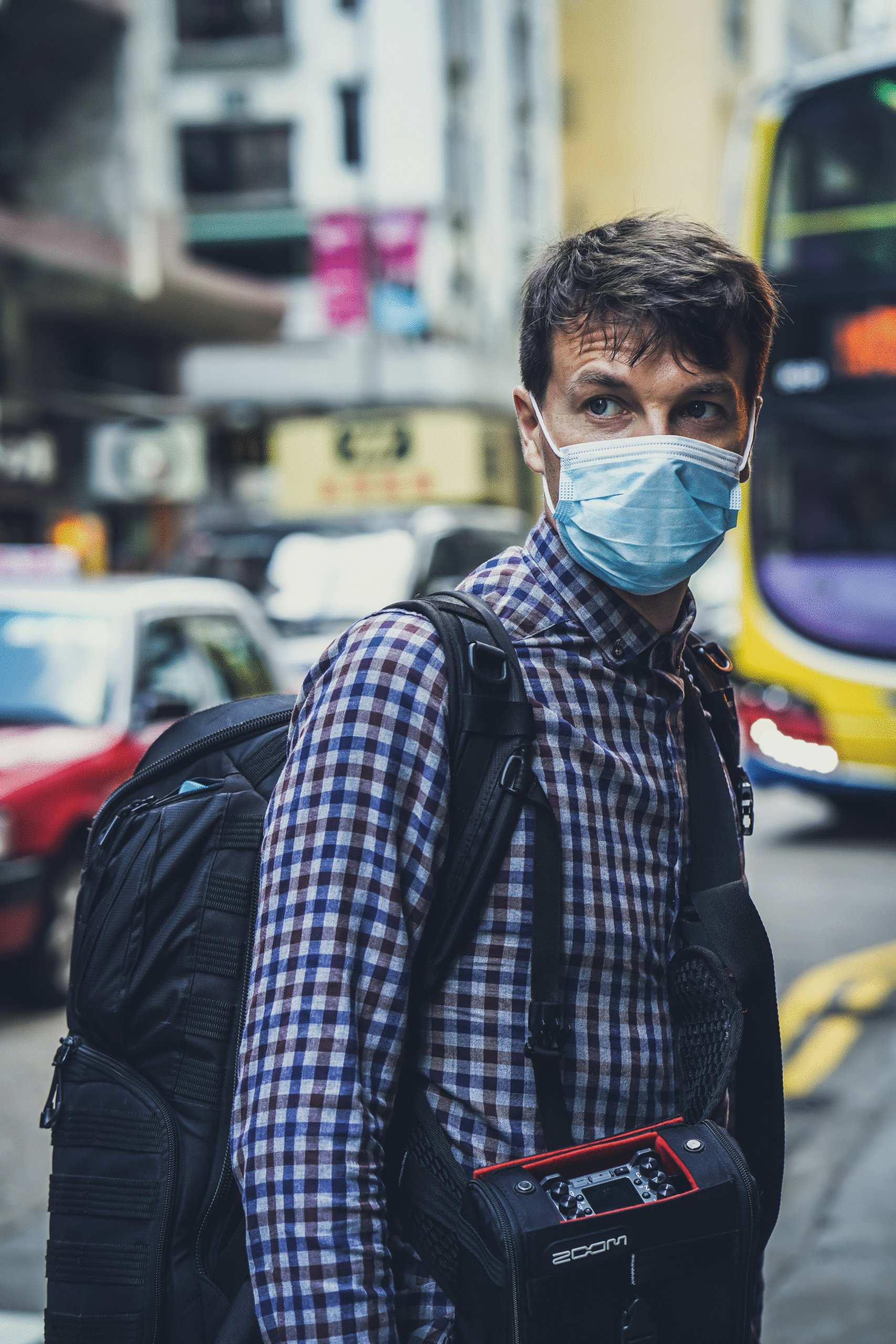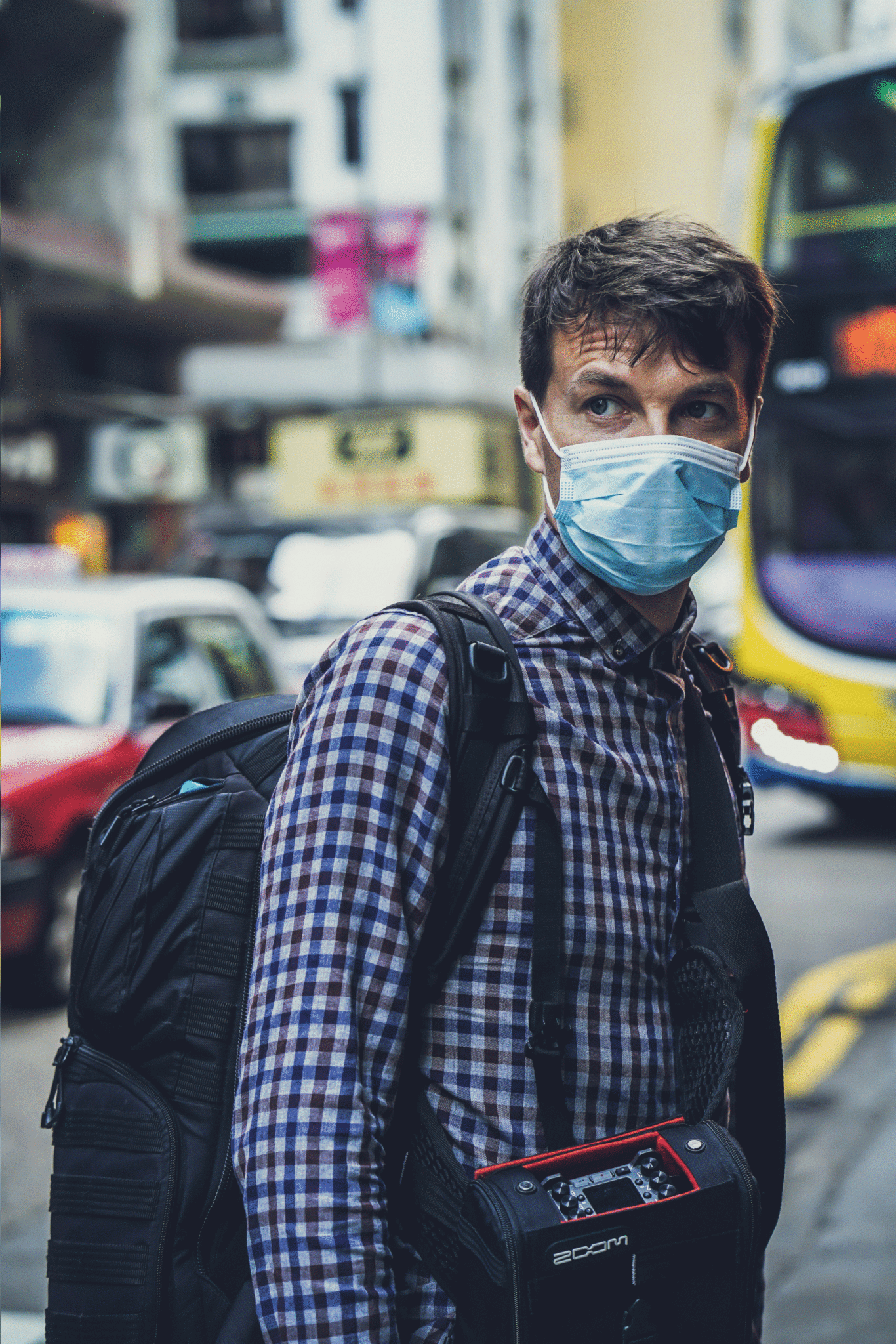
The Coronavirus has impacted a number of clients in various fields that rely upon travel, business in Asia, retail and manufacturing. We have had a number of clients asking for guidance as to what to do in these troubled times.
The question needs to be asked – what do Employers do?
A number of Coronavirus Scenarios
There are a few scenarios wherein a pandemic such as Coronavirus may have a great affect on employees in the workplace:
- The employee has just returned from holidays (or a business related trip) from a moderate or high risk of infection country
- The employee has come into contact with someone who has arrived from a moderate or high risk infection country
- The employee is suffering symptoms and has been recommended to self quarantine
- The employee is displaying symptoms and works in a position which carries a high risk to workplace health and safety such as waste water treatment or health related services
There are of course other scenarios, the above been the main ones.
Sick leave (personal/carers leave)
In those scenarios especially ones where the employee has arrived from travel from a high or moderate risk country http://www.health.gov.au/covid19-travellers – as of todays date the high risk countries include Italy, mainland China, Iran and Republic of Korea – there is an entitlement under the Fair Work Act 2009 (Cth) for the employee to access personal/carers leave. Some employment contracts might provide a higher accrual of sick (personal/carers) leave but under the NES they are 10 days accrued per year.
In the scenario where an employee is actually ill – the Employer has the ability to direct an employee not to come to work until they have a medical clearance to return to work. There may well be further additional obligations under an industrial instrument such as an Award and potentially even internal obligations under a policy.
In the scenario where the employee is displaying symptoms the Employer has the ability to direct an employee to stay home to ensure the health and safety of their workers in the workplace. Unless expressly provided for in an employment contract or another industrial instrument such as an EBA or Award standing down an employee would not be lawful. Any direction to stay home will in most circumstances require this to be paid.
In the scenario that an employee wants to stay home as a precaution there are a few options mainly:
- Paying personal/carers leave
- Directing an employee to work from home – however keep in mind there are workplace health and safety obligations on the Employer for employees working from home
- Using annual leave
- An employee taking unpaid leave.
Having an employee taking unpaid leave is of course the most risky solution.
Unpaid leave or stand down without pay
In our view there is a potential argument that an Employer could put forward to direct an employee to take unpaid leave. An employer may wish to write to the employee and inform them that the symptom of illness or the fact that they returned from overseas from a moderate or high risk country means the Employer cannot be satisfied there will be no health and safety risks if they are allowed to return to work.
The Employer could inform the employee to go home without pay due to the health and safety risk until the expiration of the 14 day quarantine period or until such time medical clearance is obtained.
Alternatively, the employee can be offered access to their personal/carers leave to alleviate the financial pressure – this is a riskier option given that the Employer does not at that stage have any medical evidence to support that the employee is ill. However, the action may well be justified on the basis of the employer’s health and safety obligations.
Thoughts from NB Lawyers – Lawyers for Employers
In our view, unpaid leave is a risky option – unless there is an express provision under an EBA or employment contract directing employees to take unpaid leave (even on the basis of a workplace health and safety risk) invites potential legal problems. We are recommending to our clients affected to do the following:
- Direct an employee to seek medical clearance to attend work if there is any risk at all or symptoms are displayed
- If the employee self-quarantines or must stay home give them the ability to work from home, if this is not possible, continue to pay the employee potentially under sick (personal/carers) leave depending on the scenario
- Send out communication to all employees to take precautions regarding the illness and ensure they are regularly checking the appropriate Government portals for information around any travel.
These are relatively untested waters – the above is meant to be guidance for Employers dealing with this novel issue. In our view, reliance upon health and safety risks can be utilised but also, we have a strong belief that constant communication with staff will also be the key to ensure production and service can still be undertaken during this time.
If any Employer needs further help please contact our office on +61 (07) 3876 5111
Written By
Jonathan Mamaril
Director
NB Lawyers – Lawyers for Employers
[email protected]
+61 (07) 3876 5111
About the Author
Jonathan Mamaril leads a team of handpicked experts in the areas of employment law and commercial law who focus on educating clients to avoid headaches, provide advice on issues before they fester and when action needs to be taken and there is a problem mitigate risk and liability.

